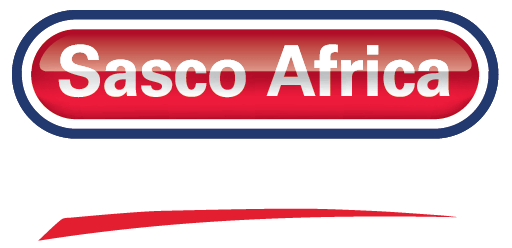Public Weighing
UNDERSTANDING OVERLOADING REGULATIONS


There are several good reasons why Transporters should not overload their vehicles, with the most important being:
- Government Prosecution Weighing Stations will fine the Transporter if a vehicle is found to be overloaded, whether based on total mass or axle.
- Vehicles found to be overloaded will be detained until the cargo is rearranged or partly offloaded such that the vehicle becomes compliant within permissible limits.
- If the vehicle is involved in an accident, and the Transporter cannot provide proof of loading compliance, in most instances, the insurer will now not pay-out.
The formulas applied for determining the total permissible mass, and axle loadings are very similar within the countries comprising SADC. They are based primarily on the axle configurations of the tractor and trailer units and the GVMs of units. In South Africa, the overall length of the tractor and trailer are also a determining factor; along with the horsepower of the tractor unit.
All Sasco Pay & Weigh Sites use highly accurate digital weighing equipment capable of providing extremely accurate total weight and axle weights.
Sasco’s software evaluates, based on each parameter in the given countries legislation, whether these weighing results are within permissible limits, and generates a weighing ticket which includes:
- The registration of the tractor and trailer units.
- The permissible total weight and axle group weights.
- The actual total weight and axle group weights.
- Under or overloading based on total weight and each axle group.
- For Transporters with their fleets registered with Sasco, other relevant information such as the operator’s name, contact person and contact number.
Watch the below videos on overloading.
